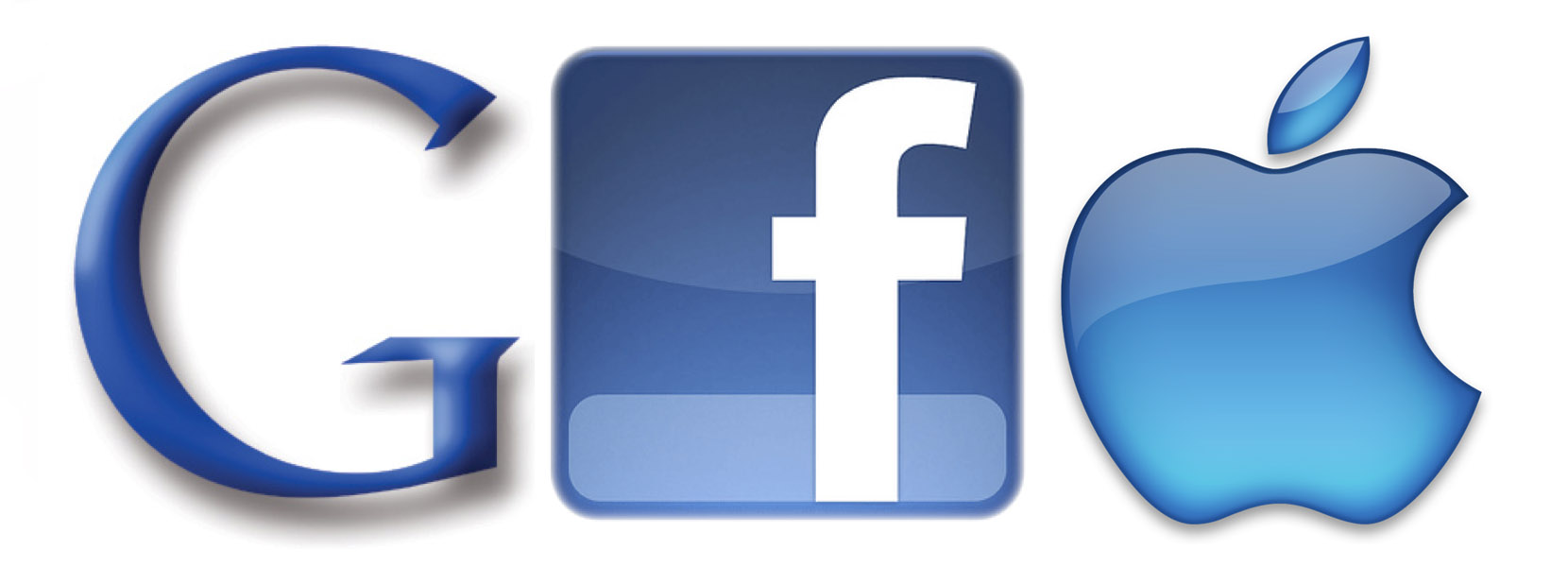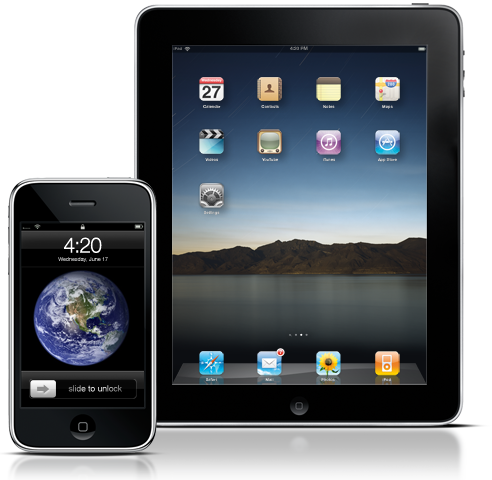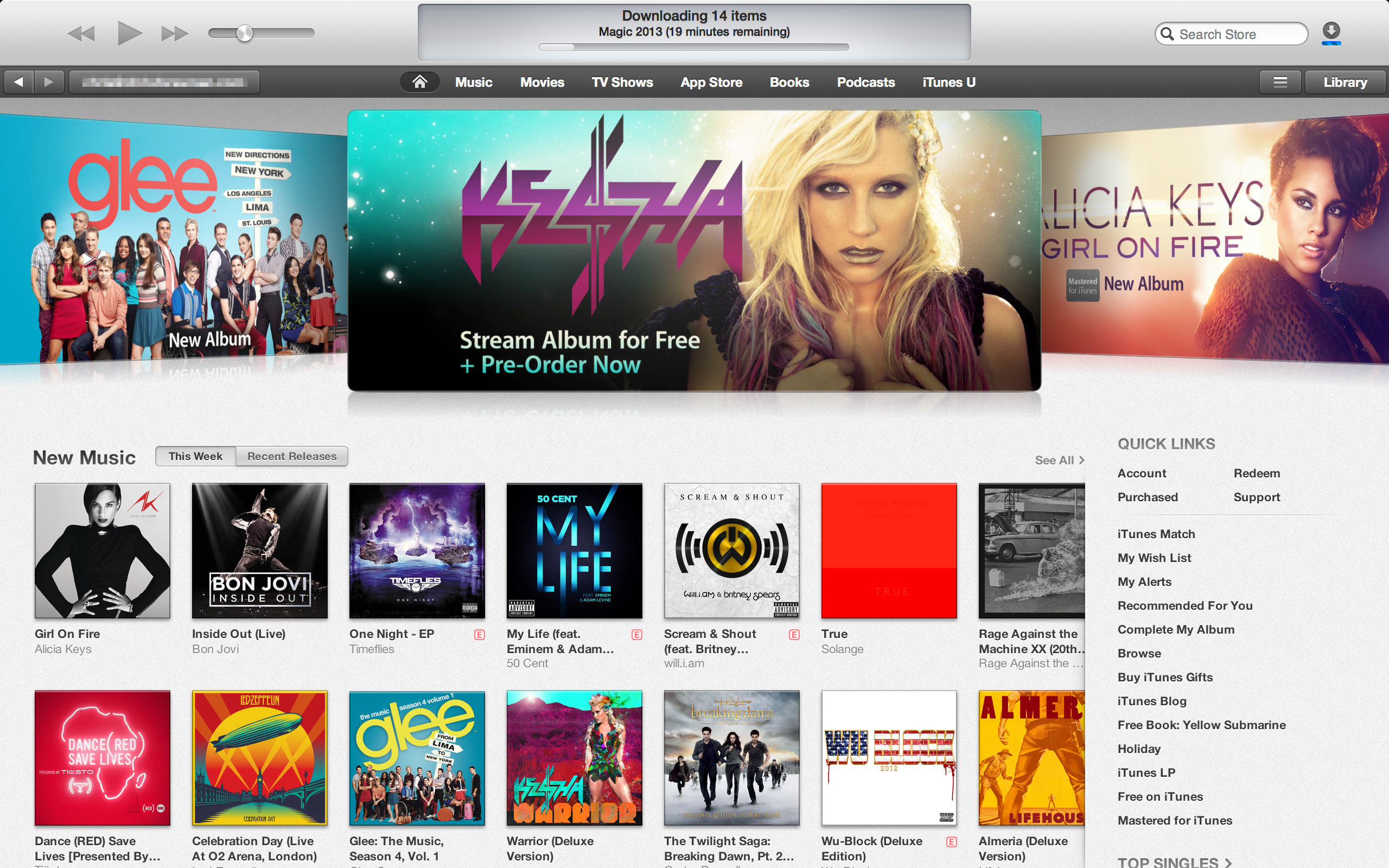I actually found out about “Apple, Google, Facebook” from a class
I took last year when Professor Smith came in to promote it. Since I have a
great interest in all things Internet and had taken all of the Internet related
courses that Professor Bakioglu taught, I decided that this class would be
another interesting learning experience and could possibly work towards a self
designed major I may create.
I had a great time in Apple, Google, Facebook this term. I enjoyed
learning about Steve Jobs, Google and things about Facebook. I had never
actually focused on three specific companies before, when I learned about the Internet
in previous classes, we actually didn’t talk much about Apple or Facebook. It
(mainly Facebook) was briefly mentioned but we focused more on Google and the
“Googlization of Us”. It was cool to actually learn more about the company
itself rather than just from an outside or user perspective. I also had never
really known anything about Steve Jobs and I really enjoyed reading his
biography. Even though many people still think Steve Jobs was an asshole I
still hold the idea that he was a very interesting man who a very different
thinker who was able to create Apple. And while I use Facebook everyday, I hadn’t
ever really read much about Mark Zuckerberg and learning about him was very
interesting.
I thought it was very interesting when Dr. Larry D. Rosen
came into talk to our class. I have an interest in psychology so his lectures
were very interesting. I had never actually met or heard anyone before who worked
with generation differences and the different uses of technology. I had figured
some of the more obvious differences. For example, many people who are in the
older three generations prefer face-to-face communication rather than communication
that takes place through the Internet. These “differences” in technology and
some stress factors he talked about defiantly were true for me and I have
personally experienced the technology gap with my own family/parents.
If there were more classes like this one offered in the future, I
would definitely be interested in taking it. I knew a little bit about Apple,
Google and Facebook but this class expanded that knowledge and was very
interesting at the same time.






























